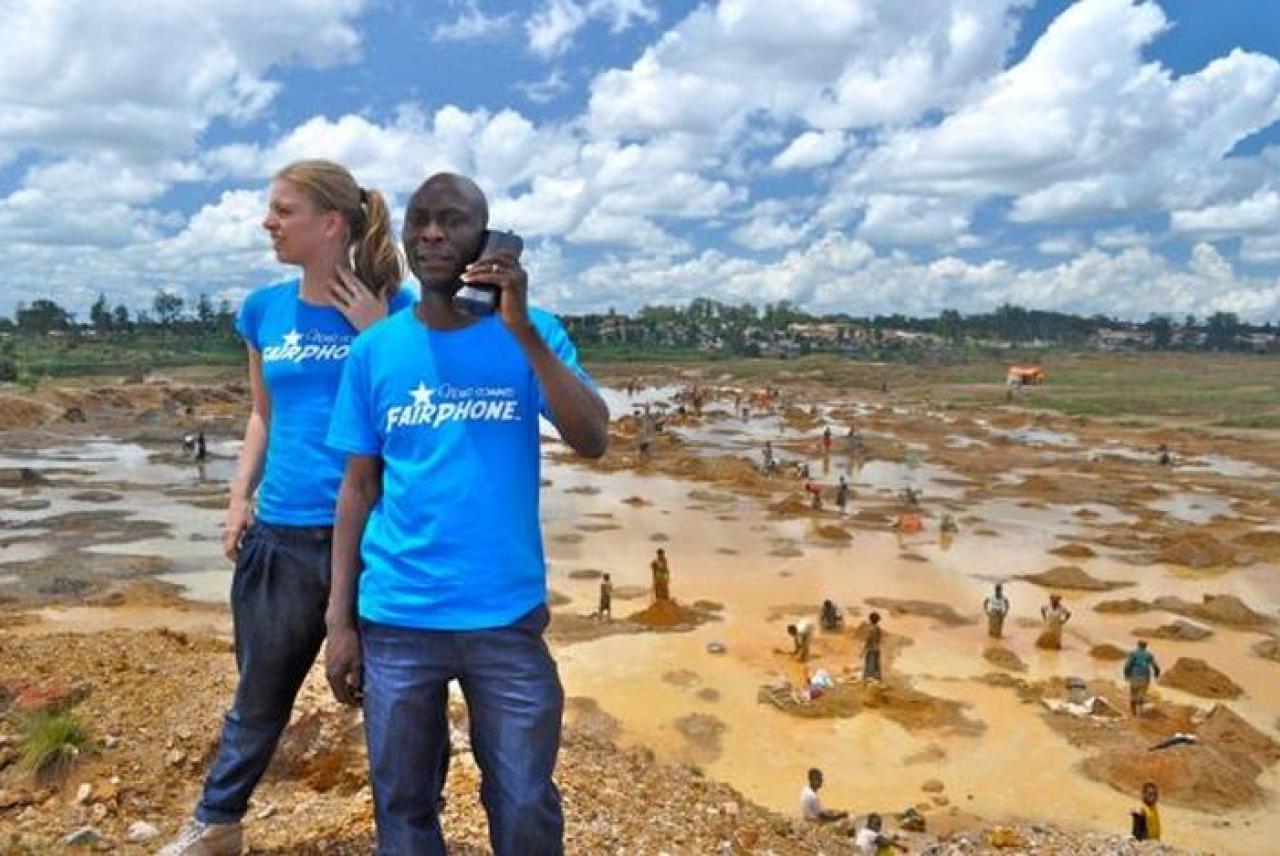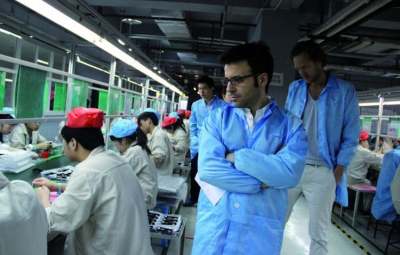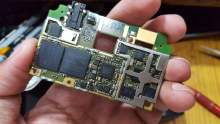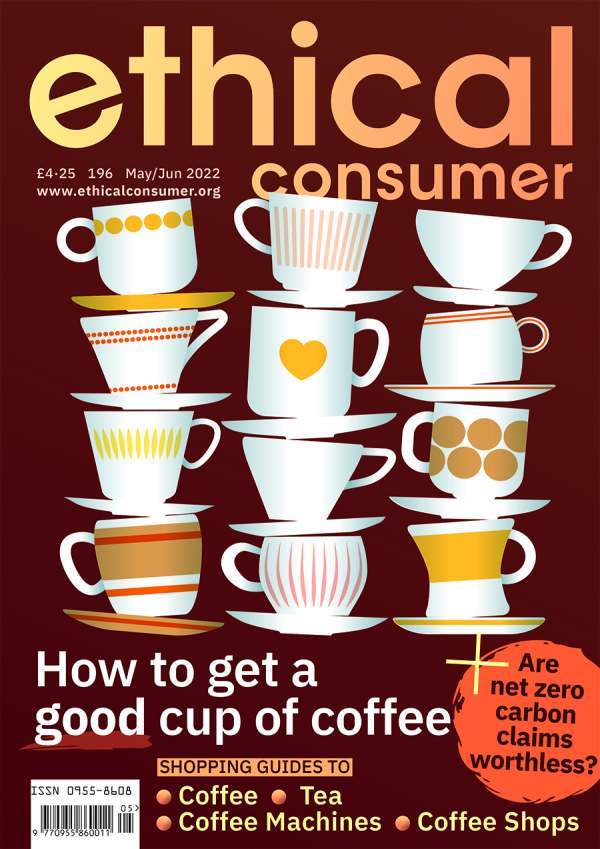Can you tell us about Fairphone in a couple of sentences, please?
Fairphone is a social enterprise that produces smartphones in order to inspire change in the electronics industry. We started as a campaign in 2010 and with the help of our first phone in 2013, we have defined four areas in which we want to create change: mining, manufacturing, design and life cycle.
Fairphone is becoming fairer, but it is not yet a fully ‘fair’ phone. There are huge challenges for the entire electronics industry to address in supply chains. Our role is to inspire change by being innovative in our own supply chain and by bringing the customer closer to the production process and create demand for more ethical products.
How have issues of modern slavery been integrated into your business model?
There are risks of child labour and different forms of forced labour at different stages of the electronics supply chain. This could be from mining up to manufacturing. Due to lack of transparency, it has been impossible for consumers to know if modern slavery is present in the production of their electronics products.
Fairphone originated as a campaign to raise awareness about the use of forced and child labour for the mining in conflict areas such as DRC Congo. We aim to make the supply chain more transparent by finding constructive solutions to inspire positive change in the industry.
What problems have you encountered in terms of addressing modern slavery on your supply chain and how have you addressed them?
There are problems at different stages of the supply chain that we have identified. Forced labour and child labour is utilized in mining of minerals used for electronic products. Furthermore, there are issues with identity cards being withheld, wages being withheld, people unable to leave their job, forced overtime without payment, and to a lesser extent child labour. It differs per country as to which issues are more prevalent.
In addressing this, we are working to improve our own supply chain systematically. We set up supply chains of fair materials, such as conflict free tin, tungsten, tantalum. In addition, we have integrated, as the first electronics manufacturer, Fairtrade gold into our supply chain. We work with local partners, including refiners, miners, governments and NGOs to improve working conditions and increase livelihood.







